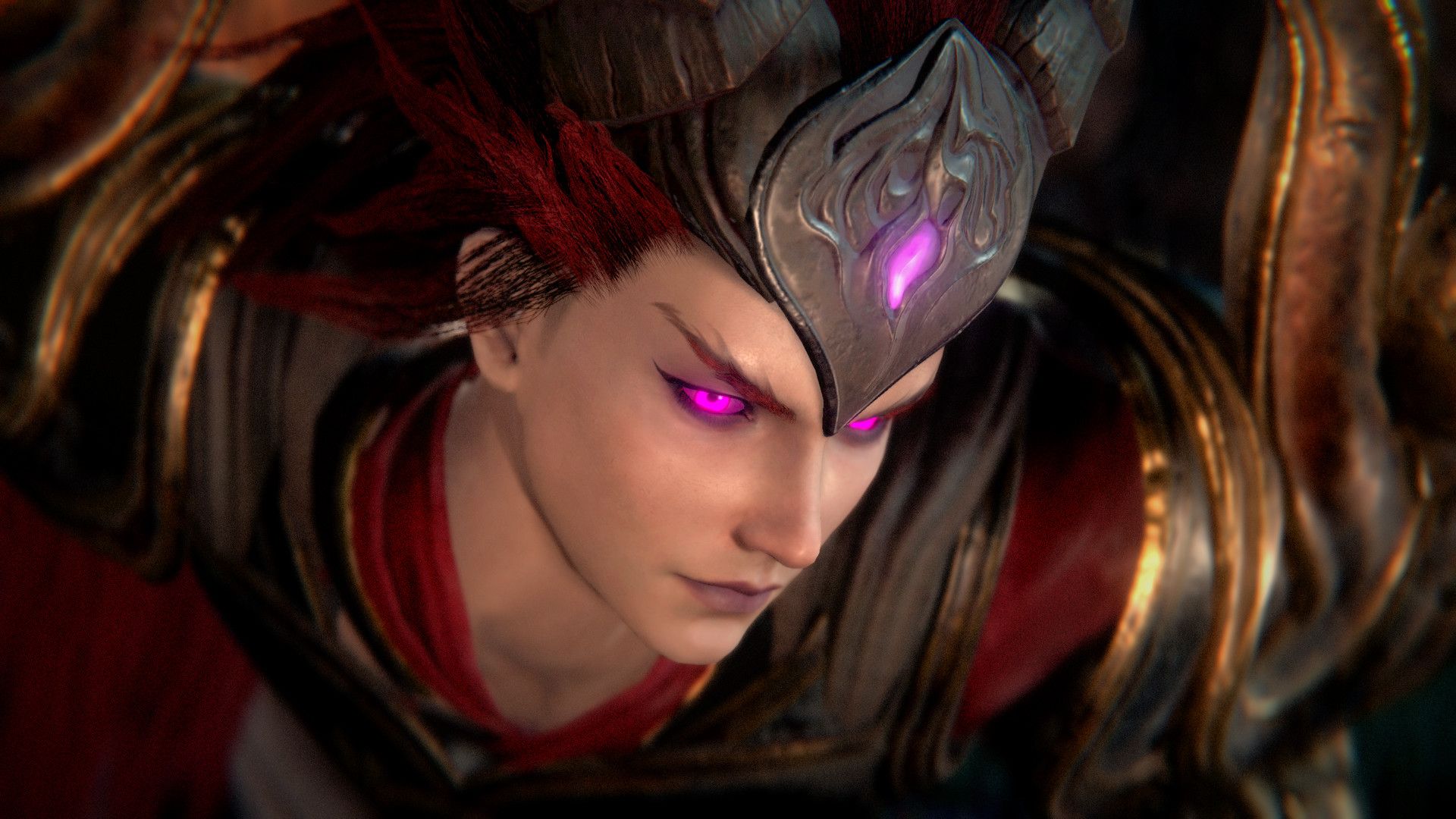Chinese Indies Rising Amid the Translation Trap
Ending 2022 with a game that may have finally fulfilled the promise of the Chinese dev scene: A game with international appeal

Shixie Yin - translated as Bloody Spell - is the first game by developer Yi Long Games and it was quite the debut. As of the writing, Bloody Spell has over 22,000 reviews on Steam with a score of 88%, suggesting a degree of success that most small developers can only hope to achieve.
Chinese games are not new to the platform, but it's rare to see one with this kind of popularity. You can attribute at least part of that popularity to the nature of the game itself. Bloody Spell is a single-player action RPG with production values far above what most people picture when they think of Chinese video games. While the aesthetic and some of the background mechanics are distinctly Chinese, the overall package feels like something made for a Western audience.
But Bloody Spell wasn't the only big breakout Chinese title this year. Less than two weeks prior, we saw another big Chinese indie hit the platform - BadMudStudio's Nuan Xue (Warm Snow). This is a top-down roguelike action game that looks like a lot of games on Steam, except it's much more popular, scoring 91% positive with 21,000 reviews.

Warm Snow is significant for another reason - its publisher. This was one of several games brought to the platform by Chinese video streaming giant Bilibili. While Bilibili has had video games for a while, this was mainly restricted to distributing certain popular games to Chinese audiences. But over the last few years, Bilibili has been publishing more and more original titles, many of which suggest a familiarity with foreign markets.
These games only represent a tiny fraction of the titles released to Steam, but it's safe to say that regular users are no longer shocked to see Chinese characters pop up in the trending section. Small teams based out of the mainland have more opportunities to get their titles in front of gamers, whether through a big company like Bilibili or a smaller Asia-focused publisher.
Does this mean that Chinese devs are finally breaking through? Alas, probably not. They may be able to overcome legal and cultural issues, but there are more concrete problems that are trickier.
To illustrate this, let's look at Chinese publisher Indiecn. They had a pretty busy year, publishing six games ranging from experimental strategy games to a Lovecraft-themed deck builder. It might be hard to really dig into them, though, because only three of those games feature a full translation.
Translation has always been an issue for developers in smaller markets, but as it turns out it can be just as much of a problem in a large but insular market. Indie developers seldom have the resources for high-quality translation services, which means either foregoing international sales or trying to do it in-house, which seldom turns out well.

As someone with a lot of experience working with non-native speakers, it's not in my nature to make fun of anyone's English. Even so, I must be blunt: Many of the Chinese-developed games released in the past few years have extremely awkward copy that doesn't exactly inspire confidence. For many consumers, it's easy to assume that a game is low-quality overall if the first thing they see is a description in broken English.
Even for big publishers and developers, the cost of professional translation means that it's only going to be viable when the game in question has strong international appeal. As of right now, that's a minority of Chinese-developed games. The exceptions are certainly there - one can look at the success of titles like Bright Memory, Dyson Sphere Project, and ICEY for that - but most titles are still made with Chinese sensibilities in mind, and such games are unlikely to sell well enough in Western markets to justify the cost.
Even as the Chinese indie landscape continues to grow, it's likely that these barriers will relegate it to a niche in the overall market, defined by the occasional big hit. But that market is evolving as well, with trends that no one can quite predict. Maybe in a few months, we'll see that big Chinese international crossover finally hit the scene and change everything.
